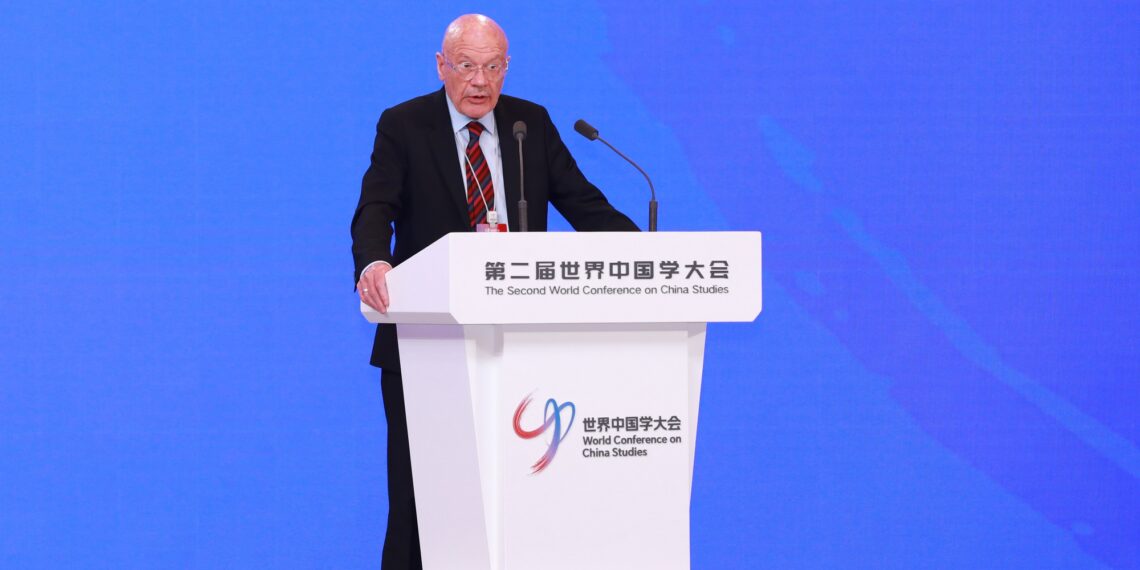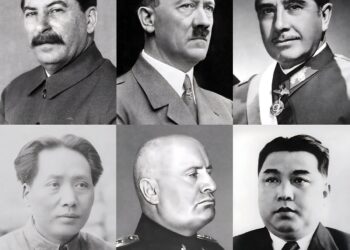Select Language:
China Studies is currently experiencing a significant global transformation, with Western influence waning and the role of social media and artificial intelligence gaining prominence, according to an expert in the field. Historically dominated by Western institutions and scholars, the discipline is now expanding more rapidly within the Global South.
Most of the world’s population resides in these countries, including nations like Chile, Brazil, Nigeria, and Saudi Arabia, which are strengthening their ties with China through initiatives such as the Belt and Road. This shift indicates a decentering of Western dominance in China Studies.
Additionally, international students from the Global South now outnumber those from the U.S. and Europe at Chinese universities. Technological advancements, particularly in social media and AI, are also reshaping the landscape. The rise of a “global village of knowledge” allows for instant access to vast amounts of information—once restricted to experts—altering how universities and research centers operate.
A persistent challenge remains in Western academia’s tendency to evaluate China through Western standards. This perspective, rooted in over two centuries of Western superiority, often leads to misunderstandings. Since China is fundamentally different from Western nations and will likely remain so, it consistently “fails the Western test,” fostering negative perceptions.
However, China’s ongoing rise—surpassing Western countries in various sectors and redefining modernity—brings into question this narrow worldview and limits Western cultural and intellectual development.
Despite increasing global interest, there remains a significant gap in understanding China’s history, culture, governance, and foreign policy—partly a consequence of its historical isolation. As the world seeks to engage with and learn from China, closing this knowledge gap is considered the “great challenge” for China Studies in the coming decades.
The event, hosted by the State Council Information Office and the Shanghai government, has drawn roughly 500 notable experts and scholars from around the globe.







